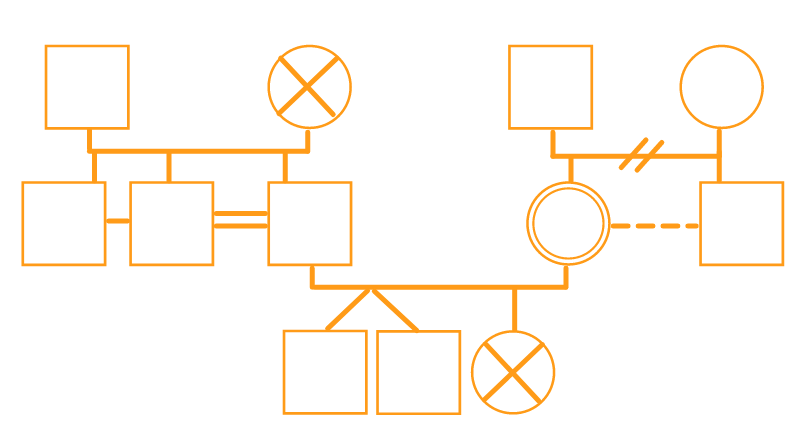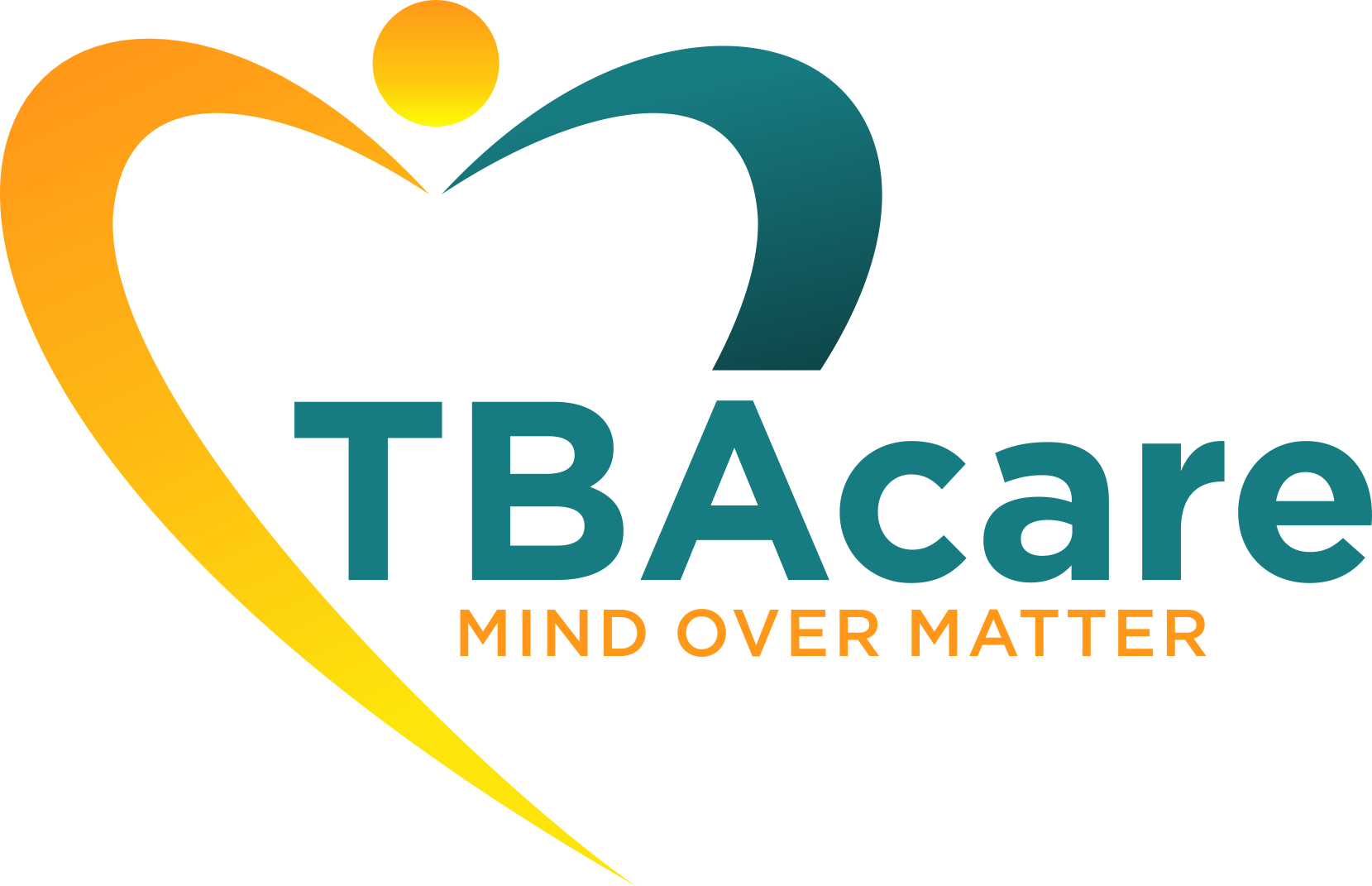Patients in the previous remission phase often use that time to get clear on how they want to live their life. They find a new rhythm, new habits and behaviours, life becomes easier and lighter again.
And suddenly this all changes again. A cancer recurrence. The cancer is back. This relapse or recurrence phase is now part of the journey.
A couple of years have passed and Auntie Millie is living her “new” life. With the help of her cancer coach, Edwin and her family, she has managed to get rid of behaviours, habits and people that were not serving her in pursuing a healthy life and to invite those things into it, that do. She fulfilled some lifelong dreams of hers, reached some goals and defined new ones and switched her mindset, attitude and practiced mindfulness. But still, even with all these positive changes and habits that are now part of her life, some thoughts are always present: What if the cancer comes back?
Millie is someone who is going to her regular check-ups, but days before the appointment, she is always stressed out, nervous and can’t think about anything else.
And then the worst happens: The test results show that there is something there. The cancer is back.
Millie is downright ashamed that she did not manage to keep the cancer at bay with her health-conscious lifestyle. Her world collapses – again. It needs a lot of strength and motivation to decide on how to deal with this and what to do.
Edwin has also shifted some things around in his life during Millie’s remission phase. Priorities become clear very when something as devastating as a serious illness and the subsequent feelings, fears, worries and even regret is suddenly part of life. The years have been good for and to Edwin. He has evolved and developed and is living life rather stress-free, in gratitude and mindfully. If only there weren’t these check-ups! The days leading up the appointment are always difficult, full of forced optimism and silent fears. And then it happens: Yes, the cancer is back. Edwin feels like he’s traveled back in time and is experiencing the same shock he experienced in the diagnosis and treatment planning phase. How could this happen? What else could he have done? Why is the cancer not leaving Millie alone?
Cancer Recurrence Phase: Going through everything (again)
This phase strongly resembles the second – Diagnosis and Treatment Planning – phase, because the emotions are similar and a lot of decisions need to be made.
Anna, the cancer coach, usually meets most of her clients for the first time in this phase: Right after receiving the diagnosis cancer, for the second time. This means planning treatment and therapies (or deciding not to do that), going through that again, dealing with side effects and all the fears, again.
Even if the patient often feels like it’s back to square one – that is not entirely the case. The facts and the patient could be and probably are very different now. Time has passed and that means that research and science have evolved. There is the possibility of entirely new therapies or different treatment plans. And maybe this time, Millie wants to focus on a more complementary approach or wants to be a part of a study.
Everything is allowed to be scrutinized and analysed. What helped last time? What didn’t? Depending on this list and the facts, decisions can be made. Being LEADERS is a key word.
(You can find a video explaining the acronym here).
Looking at Systemic Aspects
Since Anna has been working with Millie and Edwin for some time, she is also suggesting taking the time to go through the topic of cancer from a systemic viewpoint. She uses a genogram to find out more about Millie’s family system and to detect any repeating or frequent patterns. A genogram looks like a family tree, but it is a lot more than that because it holds more information than just lineage. It shows the relationships between family members, any serious illnesses, sudden deaths, or points of tension. It also makes transparent what is passed down from generation to generation. But, instead of looking for blonde hair or green eyes, it makes transparent generational wounds, social rules and norms, illnesses or behaviours.

Anna refers Millie to a colleague who specializes in systemic therapy and that may help Millie discover some new aspects that lay hidden or weren’t considered before.
If you’re interested to dive a little bit deeper into the use of genograms – here are two articles: clicke here and here.
From a psychological view, the overriding feelings in this phase are usually shame, guilt, trust and motivation which should be addressed. How do I find new motivation? How do I tell my family? Whose fault is this recurrence? What could I have done differently? What message is my body sending now?
The cancer recurrence phase often feels like a slap in the face, because the remission phase promised great relief and triumph over the cancer disease.
As we’ve mentioned in the beginning: For us, a cancer disease is a lifelong journey. This journey is made up of experiences, discoveries, pain and grief that are expressed in various unique forms and ways. A cancer diagnosis and the treatment is a cut into the routine, into the normal and sometimes taken-for-granted life. And because this cut runs very deep and leaves a scar, cancer patients and their relatives are never really free of cancer. It is always about dealing with this topic in a constructive and solution-oriented way. A cancer recurrence puts this into focus, once again.
The next phase is also the last phase and of course we still need to talk about the end of life, confronting mortality, and the last journey. Nevertheless, this last phase will focus on topics and discussions that should happen before the end is actually near. Additionally, the last phase is not just directed at cancer patients but rather at everyone, because if one thing is certain, then that everyone will come to and go through this phase.
But more about that in the next article.
Until then, as always, all the best!
Your TBAcare Team
![]()
